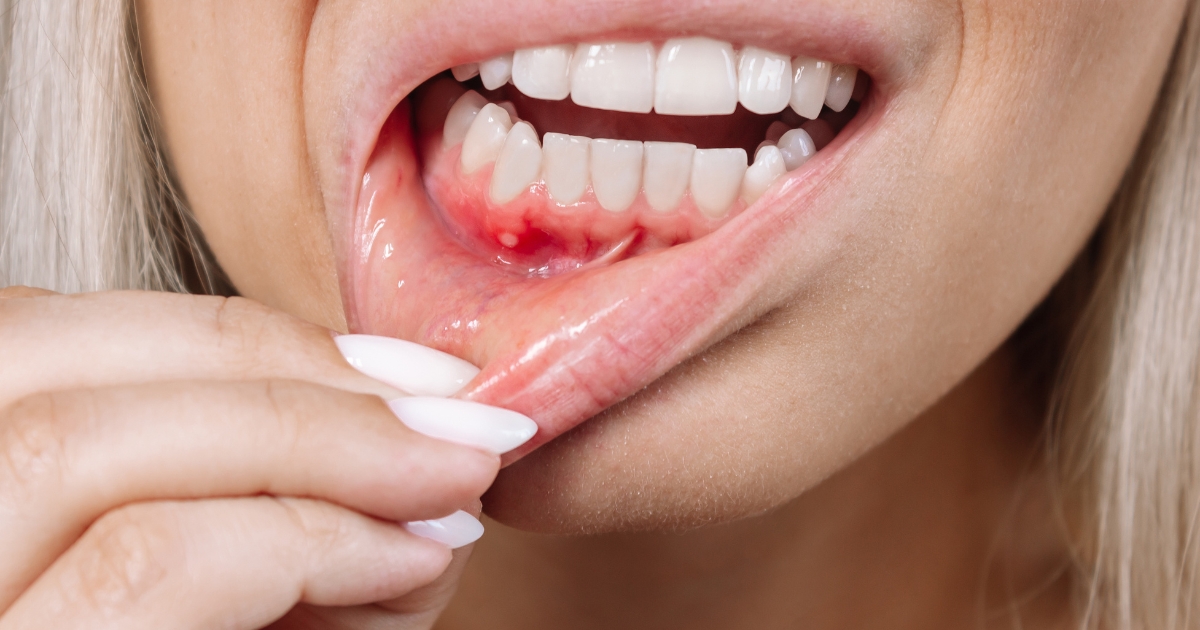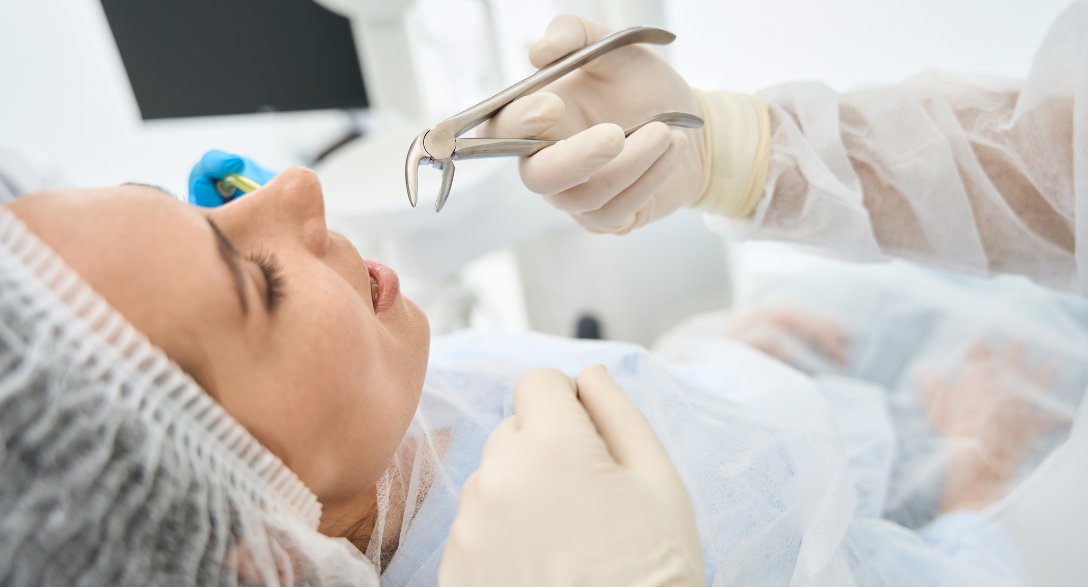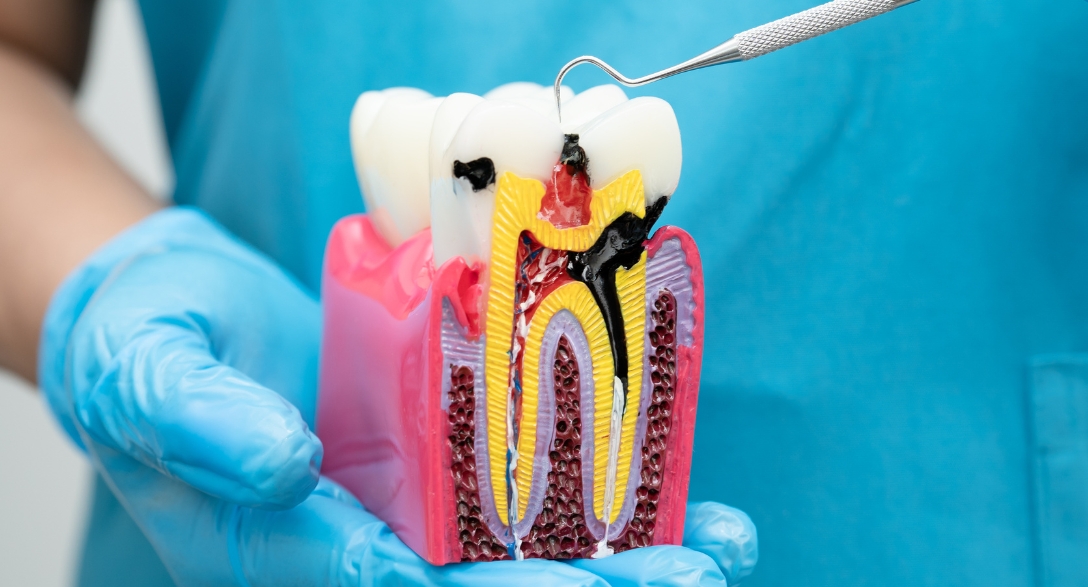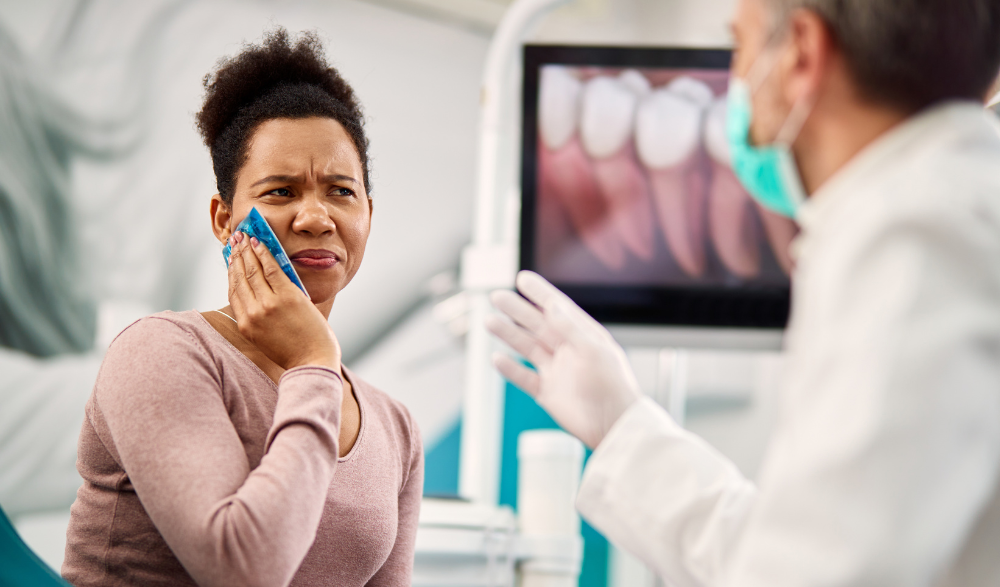Call Us Today 817-737-7668

Do your gums bleed when you brush? It can be more serious than you realize. Generally, bleeding gums indicate an underlying oral problem. Most people ignore this symptom. They believe it to be benign.
However, if you neglect bleeding gums, it can result in serious dental and overall health issues. This blog will describe possible causes of bleeding gums, why they are important, when to visit a dentist, and how to prevent and cure them effectively. When you get a comprehensive idea of bleeding gums, it will help you ensure a healthy smile and avoid serious complications.
What Is Bleeding Gums Caused By?
Gum disease and poor oral health are general reasons for bleeding gums. Plaque builds up on teeth daily. If you do not brush it off, it hardens to become tartar.
The Centers for Disease Control and Prevention (CDC) reports that 47.2% of people over 30 years of age have some degree of gum disease. This often begins with bleeding gums. Gingivitis, the least severe gum disease, makes gums swell, turn red, and bleed. When you leave them untreated, gingivitis may cause periodontitis. This may result in tooth loss.
Excessive brushing or flossing can also injure gum tissue. It can result in bleeding. Vitamin deficiencies (vitamins C and K), pregnancy hormonal changes, certain medications (such as blood thinners), and certain medical conditions (such as diabetes) are other causes of bleeding gums. You can minimize the risk of bleeding gums by addressing these causes. It will also improve your overall oral health.
Why Do Bleeding Gums Matter?
Generally, bleeding gums indicate gum disease. Gingivitis becomes periodontitis when they are untreated. It is a serious gum infection that destroys the soft tissue and bone-supporting teeth. According to the American Academy of Periodontology, periodontitis affects almost 50% of American adults over 30. This denotes that treatment for gum disease is essential.
Tooth loss is a frequent result of periodontitis. It affects chewing, speaking, and self-confidence. The connection between oral and general health cannot be dismissed. Research has established that gum disease raises the risk of heart disease, diabetes, respiratory disease, and complications in pregnancy. The Journal of Dental Research exposed that individuals with advanced periodontitis have a 25% increased risk of heart disease.
Aside from health hazards, bleeding gums have the ability to disrupt everyday life. Gum bleeding triggers fear. In addition, recurrent gum inflammation leads to pain and discomfort. Bad breath is also a common symptom of gum disease. It immensely affects personal and workplace relationships.
Periodontal disease treatment at the earliest can help avoid these problems. Visit a professional dentist when it comes to treating periodontal disease. It is necessary to enjoy a healthy smile and good health.
When to See a Dentist?
Consider visiting a dentist if bleeding gums do not go away. Red, swollen, or painful gums usually mean something is wrong. Keep in mind that loose teeth or receding gums are red flags.
These signs imply severe gum disease that needs professional periodontal disease therapy. If you consider early treatment, it can avoid serious complications. Regular dental checkups allow for monitoring gum health. It can also significantly maintain a healthy mouth. Sometimes, professional dentists consider internal tooth bleaching to eliminate this dental problem.
Prevention and Treatment of Bleeding Gums
The best protection against bleeding gums is good oral hygiene. Brush teeth twice a day. Use a soft-bristle toothbrush and fluoride toothpaste while brushing. Floss every day. It will help eliminate plaque in between teeth.
In addition, mouthwash may reduce bacteria and swelling. Regular dental exams are essential as they help identify gum problems early and for professional cleaning. Internal tooth bleaching is also an effective procedure when it comes to mitigating gum disease.
A healthy diet with adequate intake of vitamins C and K nourishes the gums. Smoking avoidance decreases the risk of gum disease. Consider professional gum disease treatments that include deep cleaning, scaling, and root planing if necessary.
Bleeding gums are never something that you should neglect. Early action with effective gum disease treatment will prevent serious oral and overall health issues. Responding at the onset of bleeding gums preserves oral and overall well-being. Visit our office today for a dental exam to have healthy gums and a bright smile.





